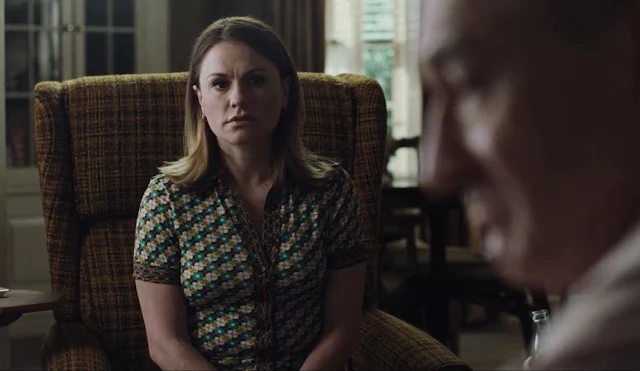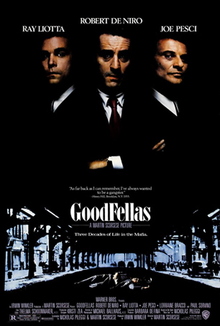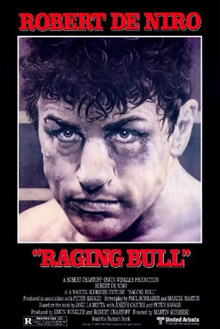 |
| Ben Kingsley, Mark Ruffalo, and Leonardo DiCaprio in Shutter Island |
Shutter Island is two hours and 18 minutes long, and it feels like it. North by Northwest (Alfred Hitchcock, 1959) is almost as long (two minutes shorter) and it doesn't. Yet Martin Scorsese, who made Shutter Island, is one of the few contemporary directors who are spoken of with much the same reverence as Hitchcock. Granted, comparing the two films is unfair: North by Northwest is meant to be giddy fun, constantly on the move, while Shutter Island is a psychological thriller with horror movie overtones and a claustrophobic setting. So perhaps the more appropriate comparison would be one of Hitchcock's explorations of disordered psychology, Psycho (1960) or Vertigo (1958). The former comes in at 109 minutes, the latter at just a few minutes over two hours. The point here is that Hitchcock knew how to tighten things up. Scorsese may know how, but he doesn't seem to care. He lets Shutter Island slop around, losing tension and focus in the process, when all he really has to do is guide us to a surprise twist and shocking climax. I seem to be one of the few who feel that the film is a tedious indulgence in material of no great matter: Its psychology is unconvincing, its characters are toys, and its payoff is rather pat and formulaic. Still, it gets a whopping 8.2 rating from viewers on IMdB, so I seem to be among the few who feel that too much acting and directing talent has been expended on too little.






















